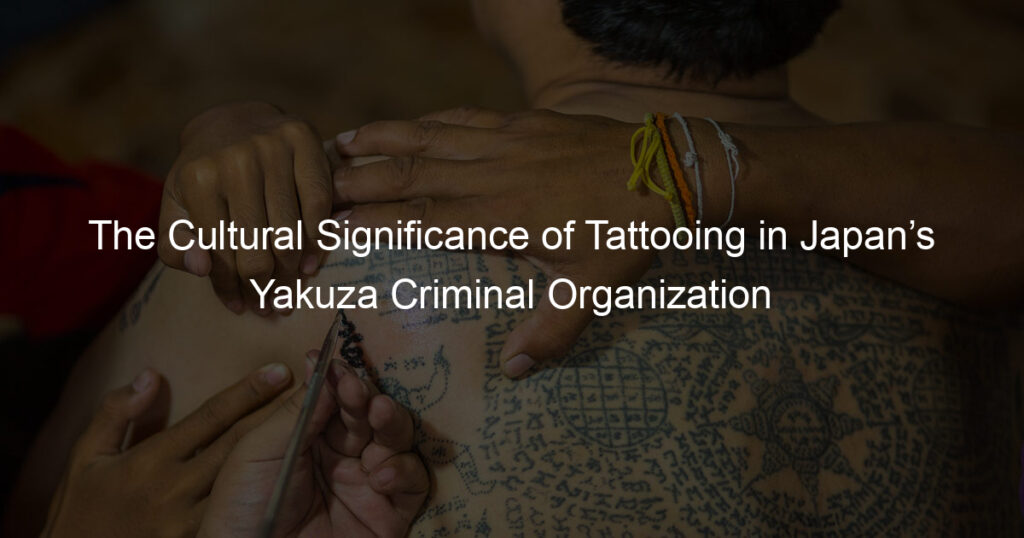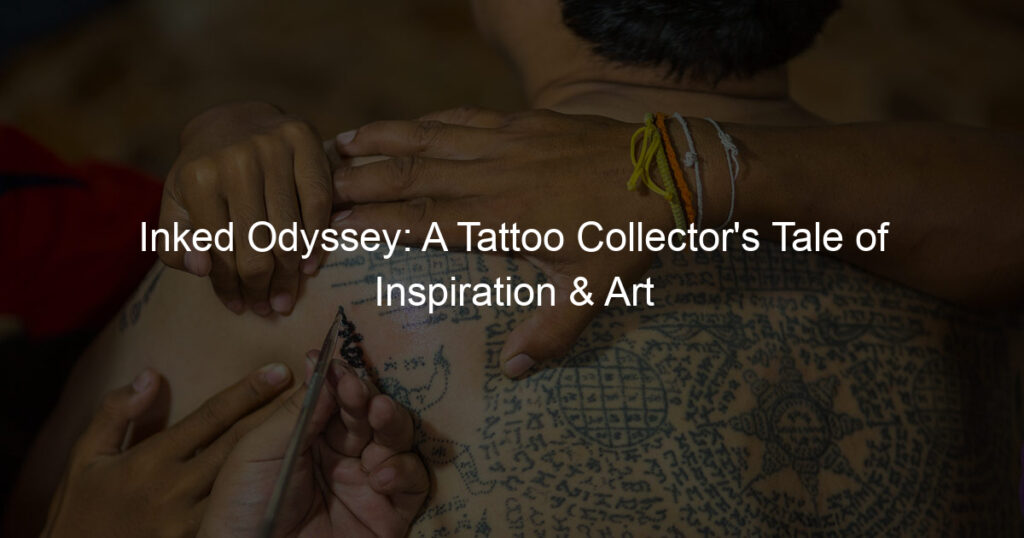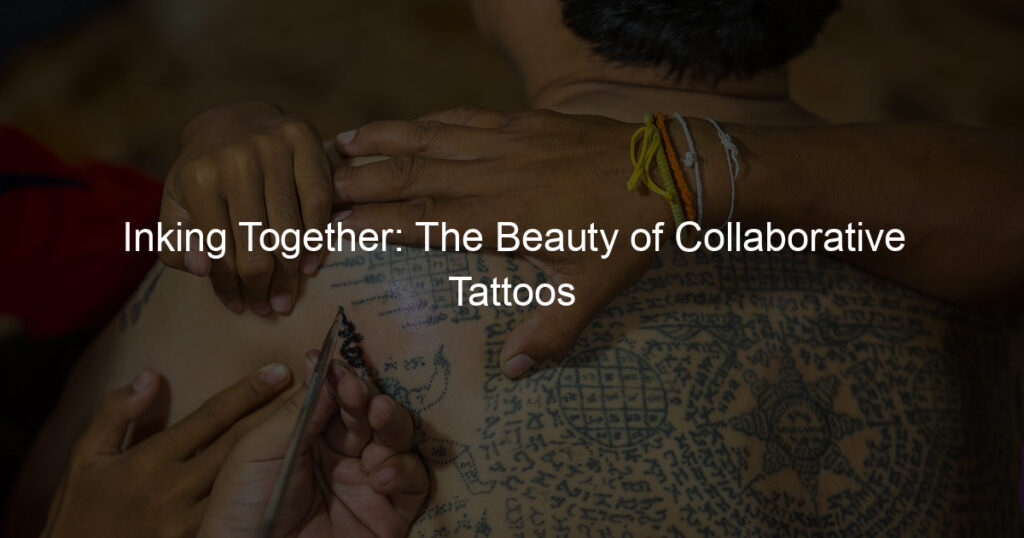When most people think of tattoos, they probably think of the modern tattooing popular in Western culture. However, tattooing has a long and varied history all over the world, with different cultures putting their spin on the practice.
Today, we’re going to take a look at the cultural significance of tattooing in Japan’s yakuza criminal organization.
What is the significance of Yakuza tattoos?
Yakuza tattoos have been gaining a lot of attention in recent years, as Westerners become more familiar with traditional Japanese culture.
For members of the Yakuza, these tattoos are incredibly unique and meaningful – they symbolize loyalty to the gang and trustworthiness, while also allowing the Yakuza member to distinguish themselves from other people.
Even though these tattoos can take years and years to complete, there is immense pride in having them, especially since only those who pass a series of tests related to their morality and criminal activities are accepted into the clan.
It’s safe to say that in Japan, Yakuza tattoos go beyond fashion statements or artwork; rather, they symbolize deep connections between people, steeped in tradition, loyalty, and honor.
What did tattoos on Japanese criminals represent?
In Japan, tattoos represented a mark of criminality. Many criminals had unique tattoos, mainly across their backs or arms, as a way of separating themselves from society and also for intimidating purposes.
It was believed to be the sign of a warrior who was strong and fierce; therefore being tattooed would lead to respect from other gang members.
Criminals got these tattoos on their own, or through prison tattoos – in which very basic designs were applied to the skin with soot before sealing it with beeswax.
These traditional Japanese symbols such as dragons and Buddhist deities were used to identify gangs and show the hierarchy between different members.
Today, tattoos are not always representative of criminal activity (nor do they draw the same negative connotations they once did); however, they can still express a sense of strength and danger if desired.
Why are tattoos important in Japanese culture?
Tattoos have a long history in Japan and are considered an integral part of the culture. For centuries, tattoos have been used to signify certain beliefs and to tell stories about the wearer’s history and experiences.
In Japan, being tattooed is seen as an honor, as having body art is viewed as a way to show your strength, courage, and commitment. It is believed that having a tattoo will also protect you from harm or bad luck.
Not only this, Japanese tattoos feature stunning works of art, with intricate designs being used to represent multiple aspects of life and nature such as animals, trees, and flowers.
Whether big or small, traditional or modern pieces of blueprints from the past still occupy an important space in Japan’s cultural heritage today.
What is the purpose of the Yakuza in Japan?
The Yakuza, Japan’s organized crime syndicates, play a complex role in their homeland.
On one hand, they often seek to control industries within their domain such as gambling and loan sharking. Yet on the other hand, they are also known for providing protection and welfare services to those who find themselves with no alternatives.
Much of this assistance is provided without any thought of reciprocation or bribery and is instead done out of a sense of pay-it-forward charity.
In this way, the Yakuza can be seen as having an important place in the fabric of Japanese society, helping to deliver some balance in a system that would often leave many people feeling isolated and helpless.
What is the Yakuza tattoo style called?
The Yakuza tattoo style has become a symbol of ruthless power and strength — but what is it called?
A traditional Yakuza tattoo, or irezumi, is an intricate art form used to showcase symbolic imagery that is meant to mark the wearer’s standing within the Yakuza organization.
The designs have a heavy reference to Japanese cultures, such as samurai helmet tattoos or koi fish symbols that are said to bring luck and fortune. Yakuza tattoos are often done in traditional black and grey colors combined with elements of full-color work.
Some practitioners even go so far as to incorporate tiny bits of gold leaf for extra flair and visual impact. Although the precise techniques may differ from artist to artist, one thing rings true: the Yakuza take their tattoos very seriously!
Why do Yakuza hide tattoos?
Yakuza members typically hide their tattoos from public view, choosing instead to keep them under wraps when in public.
This is because traditional yakuza tattoos often contain artwork with deep spiritual significance that is partly linked to criminal activities.
Thus, some people may be tempted to associate a person sporting such markings with violence and crime, making it difficult for the individual to move freely within public areas.
The Bottom Line
Generally, yakuza tattoo-wearers attempt to avoid unnecessary confrontations by keeping these symbols a closely guarded secret and only showcasing them to fellow gang members at special events or gatherings.
Keeping the designs and meaning of their tattoos concealed helps protect both themselves and their affiliations, allowing them to maintain a life outside of the spotlight.














